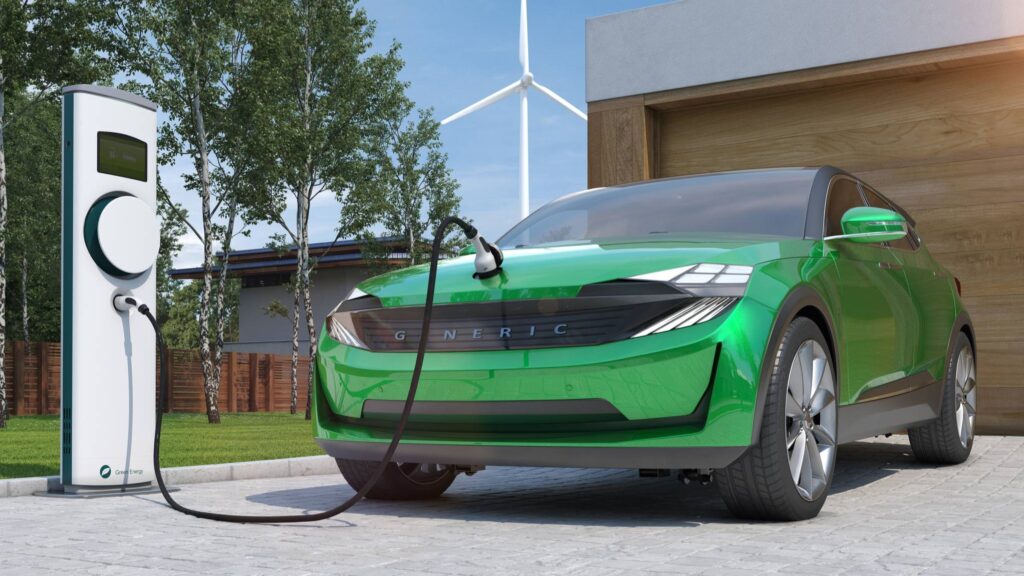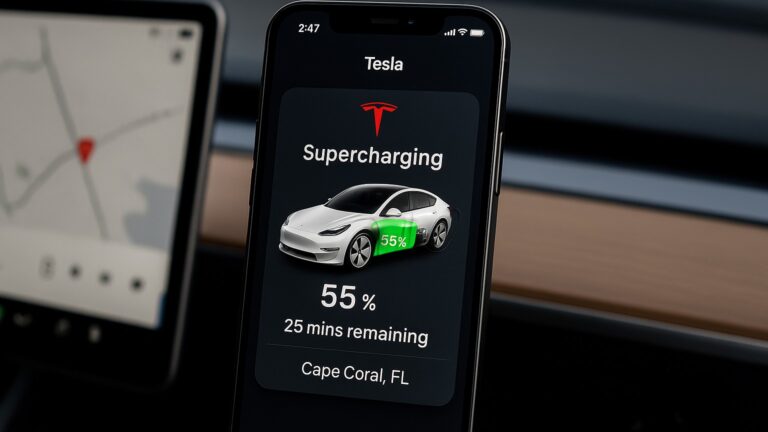New Republican Tax Bill Sent to Senate With EV-Targeting Fees
The Republican-led House has passed the “One Big Beautiful Bill Act,” a sweeping tax bill targeting electric vehicles, and it’s now heading to the Senate for a critical vote.

Summary
- The Republican Tax Bill cuts federal EV and hybrid purchase incentives.
- It adds new federal annual fees: $250 for EVs, $100 for hybrids.
- The bill accelerates the expiration of the Federal EV Tax Credit to 2025.
What’s in the Republican Tax Bill?
Dubbed the “One Big Beautiful Bill Act”, this Republican tax bill proposal aims to reshape the electric vehicle (EV) landscape in the United States. It rolls back key incentives like the Clean Vehicle Credit, originally set to run until 2032, pushing the expiration date up to December 31, 2025. This means most major automakers will lose access to federal EV credits even sooner, disrupting consumer savings and slowing EV adoption.
What Fees Are Proposed?
To replace lost fuel tax revenue from gas purchases, the bill introduces:
- $250 annual federal registration fee for EV owners
- $100 annual federal registration fee for hybrid owners
Critics argue these fees are disproportionately high. For example, the EV fee equates to the gas tax on over 1,300 gallons of fuel — comparable to what a gas-guzzling Bugatti Chiron burns, not a zero-emission EV.
Why It Matters
Studies, like one from Princeton University, project that without federal EV incentives, electric cars will drop to just 24% of new U.S. car sales by 2030, compared to a potential 40% if incentives remain. Automakers and environmental groups warn that the bill could stall progress on emissions reduction and clean energy targets.
Experts like Dan Ives from Wedbush Securities highlight that shifting iPhone or EV production to the U.S. due to political pressure — or adding disproportionate fees — could skyrocket costs. EV buyers might face steeper upfront prices, while the industry’s momentum toward electrification could slow, hurting job creation and U.S. innovation in the long run.
What Happens Next?
The Republican tax bill now awaits a Senate vote at a yet-to-be-announced date. If passed and signed into law, it could transform how EVs are sold, owned, and taxed in the U.S., sending shockwaves through the car market and clean energy policy.
FAQs
Q: When would the EV tax credit officially end?
A: Under the bill, the Clean Vehicle Credit would expire by December 31, 2025, instead of 2032.
Q: How much will the new registration fees cost?
A: $250 per year for electric vehicles and $100 per year for hybrids, applied federally.
Q: What’s the Senate’s role now?
A: The Senate will vote on the bill. If approved, it will move to the president’s desk for final signing into law.






